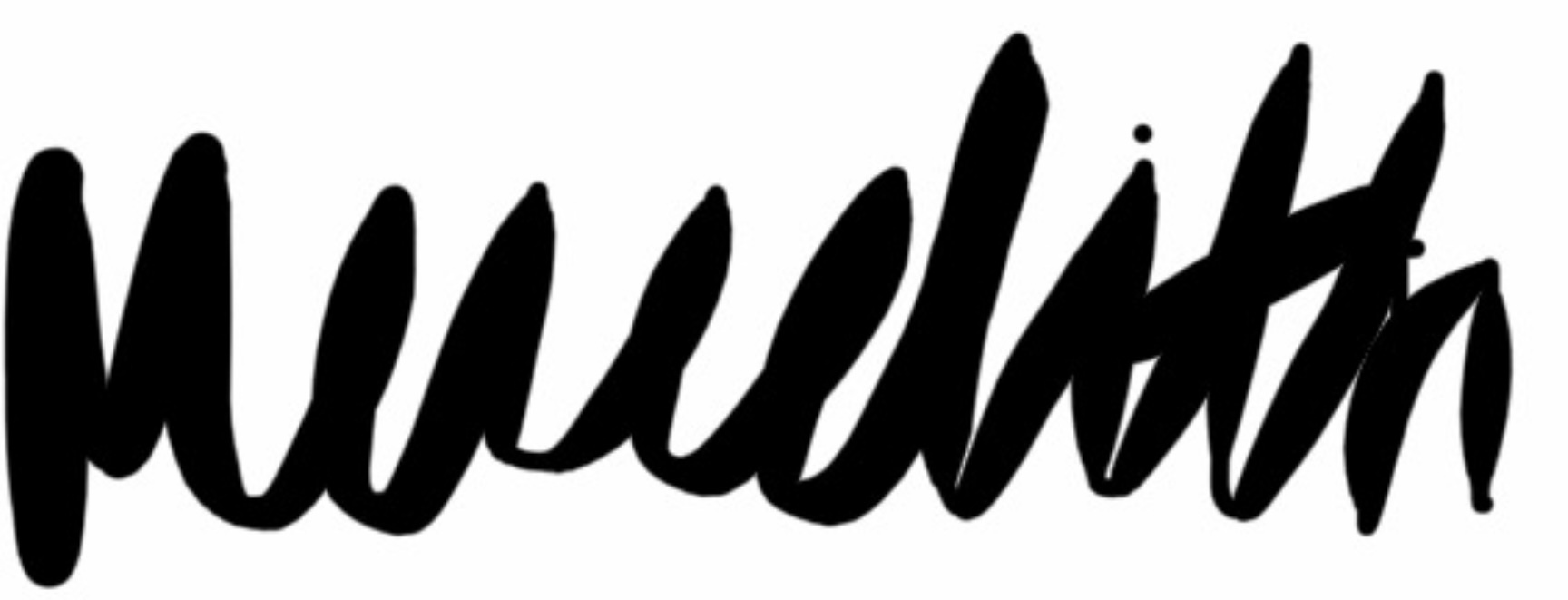At the end of last week’s issue, I told everyone to buckle up for the boom. I wasn’t expecting one of the global systemically important banks (G-SIBs) to wind up on the chopping block. And Friday is a rare market event that is known for its wild price swings. So buckle up! Let’s get into what this means for the S&P 500 (SPY) in the coming days….
(Please enjoy this updated version of my weekly commentary originally published March 16th, 2023 in the POWR Stocks Under $10 newsletter).
Market Commentary
I’m not going to lie, I’m still a little on edge about everything going on in the stock market (SPY).
As I just mentioned, another major bank — Credit Suisse (CS), one of the 30 global systemically important banks (G-SIBs) — plunged more than 20% this week after it disclosed in a report that it had identified “material weaknesses” in controls over financial reporting and its biggest backer said it could not provide any more assistance.
Fortunately, the bank was able to shore up liquidity and restore confidence by borrowing $54 billion from Switzerland’s central bank.
San Francisco-lender First Republic Bank dropped 62% Monday, and is now the subject of a $30 billion, 11-bank rescue plan.
There’s been a lot of turmoil surrounding this new “banking crisis.” It has even affected the way I look at stocks. Before this week, I’ve never once looked into which banking institutions a company finances with… but it feels like an important part of the analysis now!
Unfortunately, I haven’t been able to easily identify where a certain company banks.
But, for example, it turned out Roku (ROKU) held roughly a quarter of its cash — nearly half-a-billion in uninsured deposits — at Silicon Valley Bank… and Roku is a widely traded company. We’re not just talking about small OTC companies.
And because everything involved with these bank crises is in flux right now, it’s still not clear what is going to be a big deal and what is not.
Then, there’s the question of how the Federal Reserve will balance the instability of the banking sector with its fight against inflation.
This week’s CPI numbers put inflation at 6%, which is still well above the Fed’s chosen 2% target level. For the past year-plus, the Fed has used interest rate hikes as its weapon of choice to curtail inflation.
But rising rates are the culprit behind SVB’s sudden collapse and the spotlight currently shining on the banking industry.
As of this weekend, fighting inflation is no longer the Fed’s sole focus… it also needs to consider overall financial stability and lending conditions.
A pause in rate hikes would be best for helping stabilize banks… but as February’s CPI and PPI reports reminded us this week, inflation is not dying out quickly, which means there’s a compelling case to continue raising rates.
What to do… what to do…
Personally, I’m glad not to be in his shoes.
The next Federal Reserve meeting is scheduled for March 21-22, and that will likely be another big market mover.
A pause would be good for banks but bad for the fight against inflation.
A 50-bps hike would be good for the fight against inflation but bad for banks.
I expect they’ll split the difference and we’ll end up with a 25-bps hike, which wouldn’t do much for inflation and would put banks in an even tighter spot. So, kind of the worst of both worlds.
Today is also a major day for the markets. It’s “quadruple witching,” which happens when equity futures and option contracts tied to individual stocks and indexes all expire on the same day.
Some of these contracts expire in the morning, while others expire in the afternoon. It usually happens about four times a year, and it can coincide with wild swings in the market today as traders scramble to cut losses or collect their profits early.
This quarter, there is about $2.8 trillion in contracts set to expire, so we could have a few very big moves.
Conclusion
The market took some bumps this week. Small-cap stocks, which account for many stocks under $10, got particularly roughed up.
And yet, our trade triggers are going to make sure we exit two of our positions with gains in our pockets. That’s not bad in a tough market condition.
Plus, keep your eye on your inbox a little bit later this morning for some fresh new names to replace the companies we’re cutting.
What To Do Next?
If you’d like to see more top stocks under $10, then you should check out our free special report:
What gives these stocks the right stuff to become big winners, even in this brutal stock market?
First, because they are all low priced companies with the most upside potential in today’s volatile markets.
But even more important, is that they are all top Buy rated stocks according to our coveted POWR Ratings system and they excel in key areas of growth, sentiment and momentum.
Click below now to see these 3 exciting stocks which could double or more in the year ahead.
All the Best!
Meredith Margrave
Chief Growth Strategist, StockNews
Editor, POWR Stocks Under $10 Newsletter
SPY shares were trading at $389.57 per share on Friday morning, down $6.54 (-1.65%). Year-to-date, SPY has gained 1.87%, versus a % rise in the benchmark S&P 500 index during the same period.
About the Author: Meredith Margrave

Meredith Margrave has been a noted financial expert and market commentator for the past two decades. She is currently the Editor of the POWR Growth and POWR Stocks Under $10 newsletters. Learn more about Meredith’s background, along with links to her most recent articles.
The post Banking Turmoil Makes for Turbulent Markets appeared first on StockNews.com






